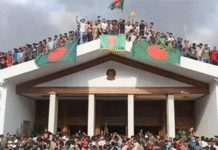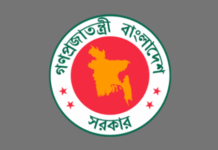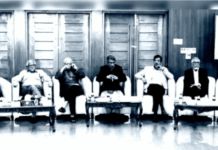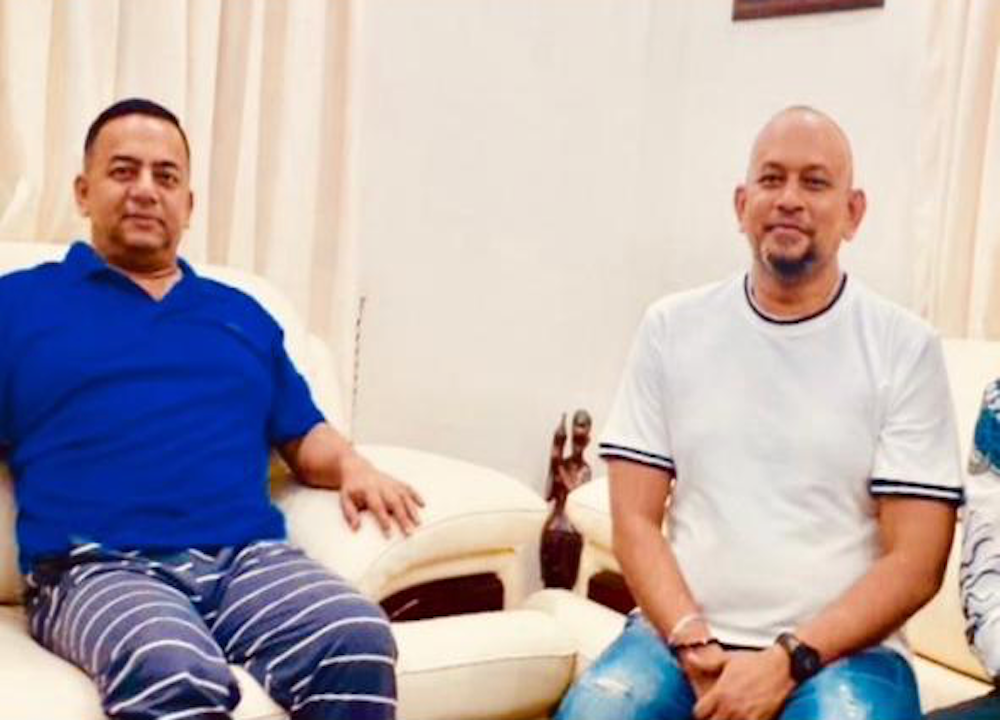
Who would you least expect a convicted murderer, known for his prior involvement in criminal gangs, referred to in the media as one of the “top-listed terrorists of the 1990s” to meet in an informal social setting after he was released from jail?
The person we are talking about is Tofail Ahmed Joseph, the notorious criminal gang member in the country’s capital city of the 1990’s, who was sentenced to death in 2004 for the murder of Mustafizur Rahman Mostafa. He had his sentence commuted to life imprisonment in 2015 and was then released from jail after receiving a very rare presidential pardon in May 2018 .
As readers know, Netra News has recently written about Joseph as, soon after his release from prison, he falsified a birth certificate and other documents to obtain a fake National Identity Card and passport under a different name. Although it would take the police no time to substantiate this story, as far as we are aware there has been no investigation.
Joseph is the brother of the military officer Aziz Ahmed, and one does not need to be a cynic to imagine that both Joseph’s presidential pardon and his subsequent immunity to criminal investigation is directly linked with the appointment of his brother Chief of Army Staff (COAS) which took place one month after the pardon.
However, these days Joseph also keeps the company of other very senior state officials — who would certainly be in a position to facilitate his immunity from investigative scrutiny.
One such official is Benazir Ahmed — who, since April 2020, has been head of the country’s police force in his role as Inspector General Police (IGP). For the four previous years he was head of the country’s elite and feared police unit, Rapid Action Battalion (RAB). About one third of the extra-judicial killings carried by RAB over the years took place when Benazir was in charge — and he was never held accountable, but instead promoted to head of the country’s police.
We have been provided a photograph with the two men — Benazir and Jospeh — together in an informal social setting. Benazir is in casual clothes, and it appears that it was taken at his home.
Another photograph of the same social event shows Joseph and Benazir with two other men whom we have identified as both childhood friends of Joseph. We have blanked out their faces for their privacy.
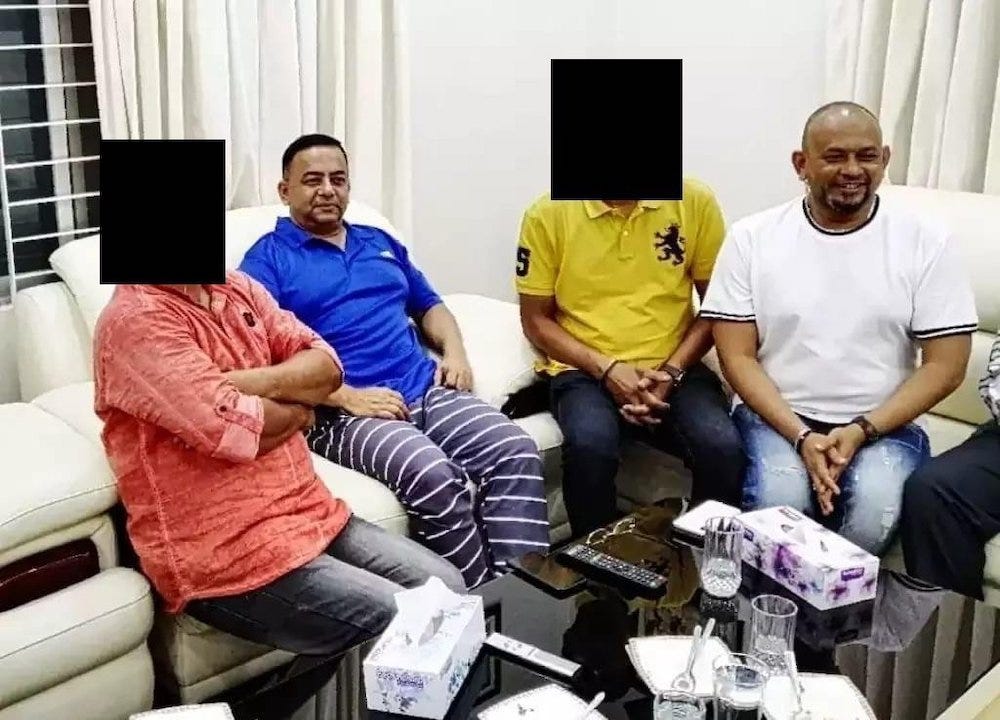
These photographs were taken after Joseph’s release from prison — but we are not certain whether the meeting took place since Benazir became IGP or earlier when he was head of RAB.
Whichever of these positions Ahmed held, it is clearly a meeting which raises many serious questions.
Why would such a senior police officer, who is supposed to uphold law and order, meet with a man convicted of murder (even if he was subsequently pardoned) and with a reputation, before the killing, of having been involved in Dhaka’s criminal gangs?
Is this a manifestation of the criminal-police nexus that many allege to be so widespread in Bangladesh?
And does Joseph’s personal links to Ahmed explain why there is no criminal investigation into criminal offences relating to forgery and misrepresentation of official documents?
Netra News approached Benazir Ahmed asking him to respond to these questions, but he has not replied.
//DB

